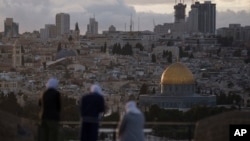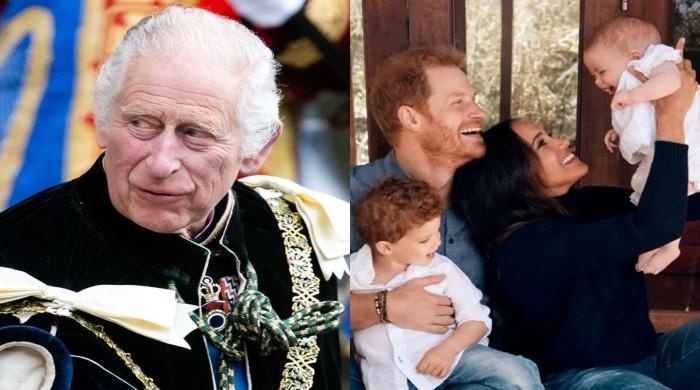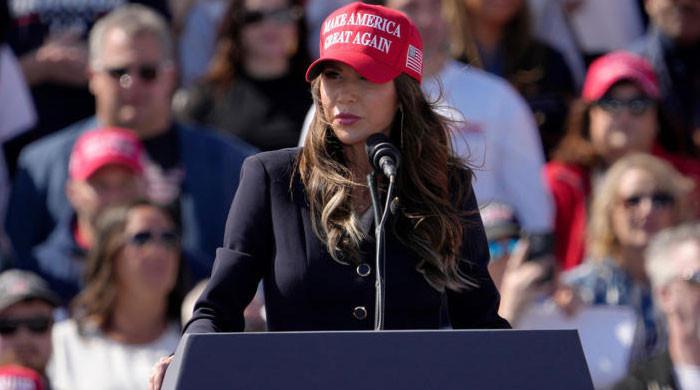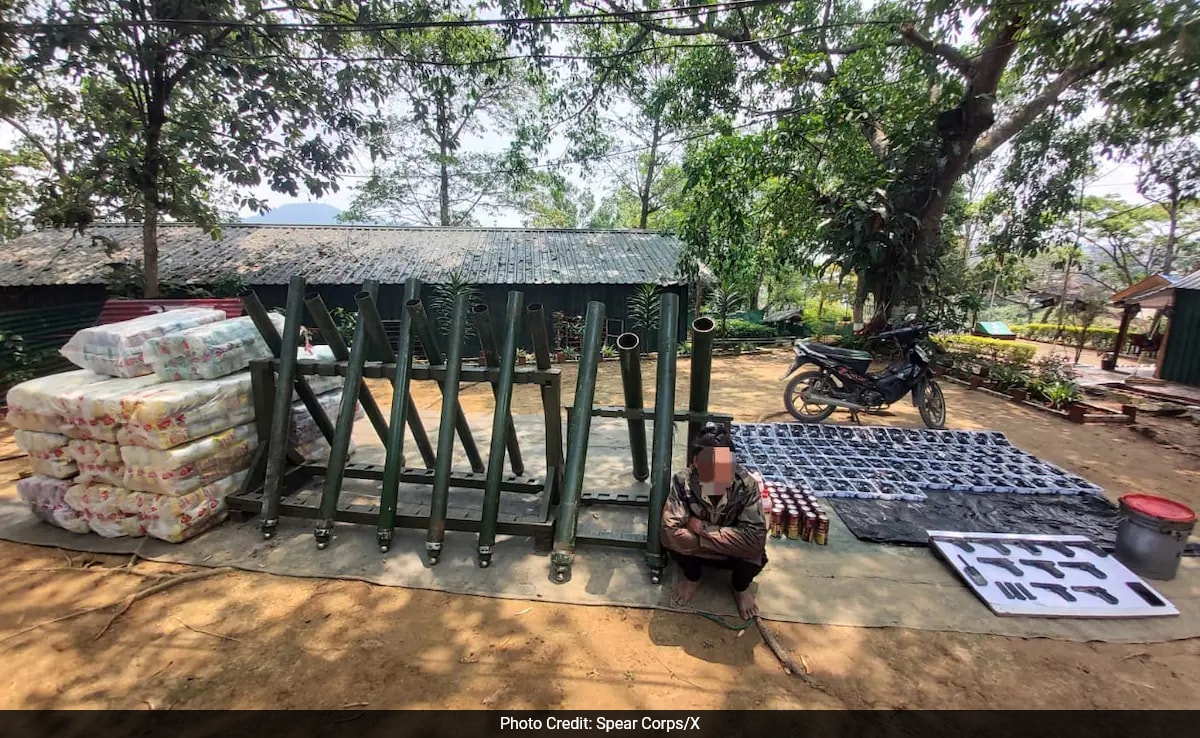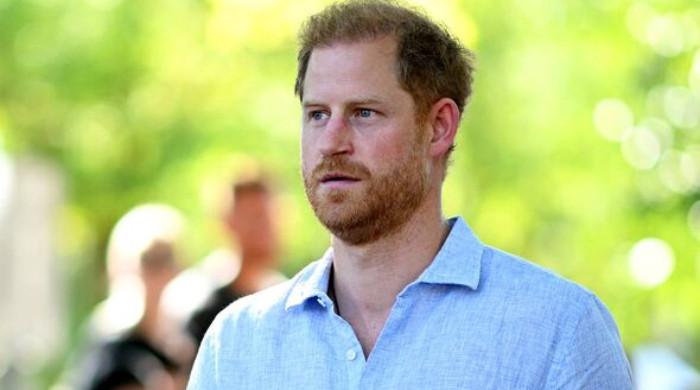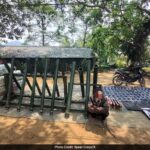On the eve of the Muslim fasting month of Ramadan, Jerusalem’s Old City had few of the usual holiday trappings.
Nearly half of the cave-shaped gift shop is sealed behind metal shutters. The narrow streets leading to Al-Aqsa Mosque, Islam’s third holiest site, were deserted.
Missing were the fairy lights and sparkling lanterns that usually hang above the heads of hurried worshipers.
Jerusalem has been the spiritual center of the Israeli-Palestinian conflict for decades, and preparations for Ramadan have been dampened by the war between Israel and Hamas in Gaza, now in its sixth month. With more than 30,000 Palestinians killed in Gaza and hundreds of thousands starving, there is nothing to express joy about.
“This will be black Ramadan,” Abu Musam Haddad said at a coffee stall near Damascus Gate, one of the main entrances to the Old City.
But in the coming days, attention is likely to shift from Gaza to Al-Aqsa Mosque, an area that has been a frequent flashpoint for rapidly escalating Israeli-Palestinian violence in the past.
Hamas, which described the Oct. 7 terror attack on southern Israel as a battle for Muslim rights over the Al-Aqsa mosque, is now seeking such an outburst in the hope of fighting Israeli forces on a new front and boosting its ceasefire talks in Gaza influence in.
Militants are urging Palestinians in Israel and the occupied West Bank to flock to mosques during Ramadan, challenging expected Israeli restrictions on worship and movement.
While such restrictions have often sparked conflict in the past, it is unclear whether Palestinians would risk a confrontation in the current environment where Israeli forces crack down harshly on any perceived threat.
“There is a lot of concern about what Ramadan will look like this year and the behavior of Israeli police as they move in and out of the city,” said Imad Mona, who owns a bookstore outside the Old City.
Israel has restricted access to Al-Aqsa Mosque to varying degrees over the years, including barring young people from entering due to security concerns. The Israeli government has provided few details ahead of this year’s holy month of Ramadan, which could begin as early as Sunday night. But it said some Palestinians from the West Bank would be allowed to pray at Al-Aqsa Mosque.
In the past, Israeli forces attacking the sacred building have clashed with stone-throwing Palestinians who barricaded themselves inside, sometimes to protest Israel’s access restrictions. Such clashes triggered escalations, including rocket fire from Hamas, which sparked a brief war between Israel and Hamas in 2021.
The complex has long been a controversial religious site because of its location on the Temple Mount, which Jews consider their holiest site. It is located in East Jerusalem, part of the city that Israel captured during the 1967 Middle East war and later annexed.
Palestinians hope to make it the capital of their future state.
The United States and other international mediators are pushing for a ceasefire in Gaza as the holy month of Ramadan begins. However, there has been no breakthrough.
Israel remains committed to continuing its invasion and elimination of Hamas, which killed approximately 1,200 people and took approximately 250 hostages in Israel on 7 October. The armed group released dozens of hostages during a November truce but has refused to release more without guaranteeing a comprehensive solution to the problem. Hostilities ended.
Most Old City shop owners refused to share their thoughts on the upcoming holy month of Ramadan. Since the war in Gaza began, dozens of Palestinians have been detained by Israel for posting on social media about the war in Gaza.
Some speakers said more Israeli police had been deployed in the Old City since October. Since the war began, young Palestinian men have often been barred from entering the Al-Aqsa Mosque compound for Friday midday prayers, according to shop owners. This has prompted speculation about other possible restrictions. Israeli police did not respond to requests for comment.
According to Israeli media reports, the country’s firebrand national security minister, Itamar Ben Gvir, has been working to exclude all West Bank Palestinians, as well as young people from Israel’s more than 2 million Palestinian citizens. His spokesman did not respond to a request for comment.
COGAT, the Israeli military agency responsible for Palestinian affairs in the West Bank, said on Friday that some Muslims from the West Bank would be allowed into the area for Ramadan prayers, without elaborating. Last year, hundreds of thousands of people gained access, mostly women, children and the elderly.
Prime Minister Benjamin Netanyahu was also vague, saying only that similar numbers of people would be allowed to pray at Al-Aqsa Mosque during the first week of Ramadan as last year. He said this will be evaluated weekly throughout the month. No further details were released.
The compound is run by the Waqf, a Jordan-based Muslim religious group, under an informal arrangement since 1967. Jews can visit the compound but cannot pray there. The agreement has broken down in recent years as large numbers of Jews, including hardline religious nationalists, have visited regularly. Some of them tried to pray at the scene.
In the days leading up to Ramadan, Palestinians in the West Bank have been unsure whether they will be able to attend prayers.
Generally, Palestinians in the territory need permission to enter East Jerusalem, which Israel considers part of its unified capital, although its annexation is not recognized by most of the international community. Since October 7, Israel has banned Palestinians from entering Jerusalem or any area of Israel.
“During Ramadan, every Palestinian, Muslim and Arab dreams of praying at Al-Aqsa Mosque,” said Akram Baghdadi, a resident of Ramallah. His extended family is scattered across the West Bank and Gaza Strip.
The holy month could also exacerbate divisions within Israel’s fractious cabinet, where ministers are already divided over how to proceed with the Gaza war.
In a post on He wrote that “Hamas celebrations on the Temple Mount” did not equal “outright victory,” a reference to Netanyahu’s wartime rallying cry.
Ben Gweil, who has visited the Al-Aqsa compound several times, also strongly opposes any ceasefire arrangement with Hamas. He has repeatedly called for the withdrawal of Palestinians from Gaza and the establishment of Israeli settlements, but most cabinet members oppose these ideas.
Follow us on Google news ,Twitter , and Join Whatsapp Group of thelocalreport.in
